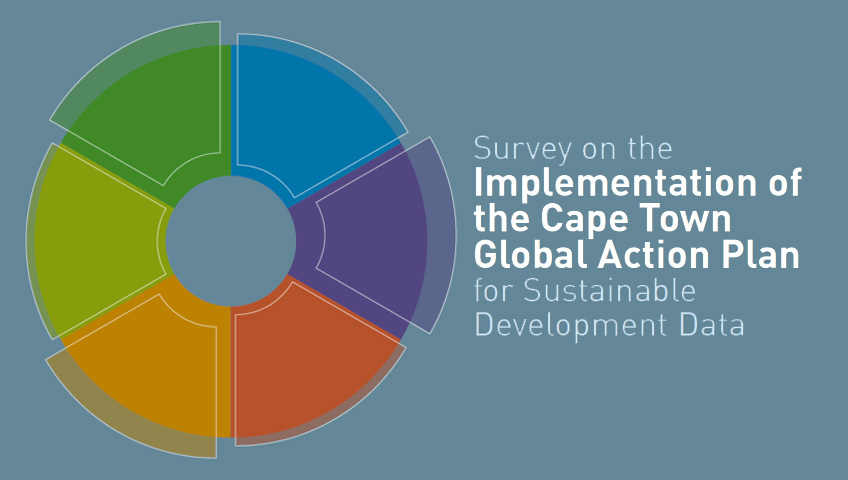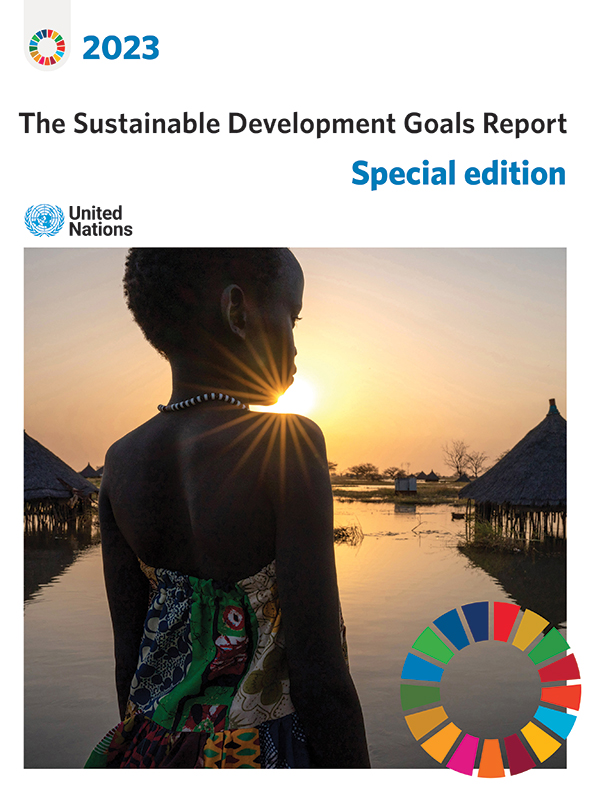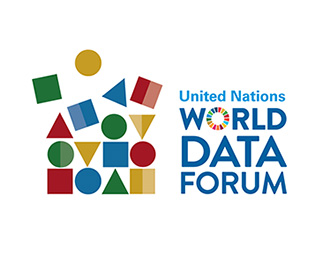Hangzhou Declaration
Accelerating progress in the implementation of the Cape Town Global Action Plan for Sustainable Development Data
Hangzhou Declaration (PDF)
Prepared by the High-level Group for Partnership, Coordination and Capacity-Building for Statistics for the 2030 Agenda for Sustainable Development
- We, present in Hangzhou, China and across the world to mark the 2023 United Nations World Data Forum, representing a diverse stakeholder group of governments, civil society, the private sector, donor and philanthropic bodies, international and regional agencies, the geospatial community, the media, academia and professional bodies.
- Reflecting at the mid-point of the 2030 Agenda for Sustainable Development (2030 agenda) that high-quality, timely, open and inclusive data remain a key component to accelerating the progress needed to achieve the Sustainable Development Goals and to address the multiple crises that are threatening food security, the eradication of poverty, health, education, the environment and peace and security.
- Recognizing that the 2030 agenda requires that this community of stakeholders in the global data ecosystem continue to advance in the way they spur data innovation, nurture partnerships, mobilize high-level political and financial support for data, and build a pathway to better data for sustainable development.
- Acknowledging that the Cape Town Global Action Plan for Sustainable Development Data (CTGAP), launched at the first United Nations World Data Forum held in Cape Town, South Africa in January 2017 and adopted by the UN Statistical Commission, and welcomed by member states in the General Assembly resolution 71/313,1 remains the strategic document by which this community's efforts are directed in response to the data needs of the 2030 Agenda.
- Further acknowledging each Forum marks a further step forward by the community from the original CTGAP to the Dubai Declaration (2018) calling for an innovative funding mechanism to support the implementation of the CTGAP; and more recently the Global data community and official statistical system's response to Covid-19 (2020) followed by the Bern Data Compact for the Decade of Action on the Sustainable Development Goals (2021), which laid out the role of official statistics and National Statistical Offices (NSOs) in the wider data ecosystem as the world emerged from the pandemic
- Emphasizing the investment case for high-quality, timely, open and inclusive data has never been more resounding, yet many parts of the population, especially the more vulnerable and hardest to reach, are still under served in this area.
- Noting the accelerated progress made by this community to:
- Adopt more innovative practices with data and statistics through initiatives likeData for Now;
- Expand collaboration and coordination with more parts of the data ecosystem through the launch of a new programme on citizen-generated data to empower individuals and communities to contribute to data production, take control of their data and improve their lives;
- Establish more private-public partnerships to enhance visibility, use and impact of data for policy and decision-making at all levels.
- Understanding these examples demonstrate the growing engagement and trust between data communities needed to develop and strengthen the data ecosystem, including the effective functioning of the national, regional, and global data and statistical systems in full adherence to the UN Fundamental Principles of Official Statistics.
- Renew our commitment to working as a global community under the United Nations, which through the Data Strategy and our Common Agenda, sets out a joint vision for a better whole-of-UN data ecosystem and measurement approach for people and planet.
- Revitalize the CTGAP through collective action as demonstrated in this Forum since 2017 and now needed more than ever to surmount the multitude of crises we face on the path to modernized and stronger data and statistical systems to support the achievement of the SDGs.
- Establish new priorities under a streamlined set of CTGAP strategic areas covering:
- Coordination and strategic leadership on data for sustainable development
- Innovation and modernization of national data and statistical systems, with particular focus on addressing the monitoring needs of the 2030 Agenda
- Dissemination and use of sustainable development data
- Multi-stakeholder partnerships to mobilize resources and coordinate efforts for statistical capacity development in infrastructure and human resources.
- Define under the CTGAP a system for periodic monitoring and evaluation of progress and lessons learnt, with clear and easy to communicate ambitions linked to national and regional programmes and plans.
- Organise future Forums as milestones in the collective actions of this community to serve as a focus for launching new initiatives, provide a strategic reflection point and take stock of progress with the implementation of the CTGAP, which remains the common framework for the design and implementation of country-led capacity development activities.
- Continue to urge the international community and governments to recognise sustainable development has a financial cost and without a change in the level of investment in sustainable development data and an integrated and coordinated approach to this, we will fail to maximise the development outcomes that we need at this mid-point in the period to achieve Agenda 2030 and make the necessary interventions to leave no one behind.
- Promote at the same time marginal investments in data and statistical systems to demonstrate they result in massive efficiency and effectiveness gains when informing decisions on sustainable development, which pay dividends in the medium- and longterm.
- Accelerated action by the community and the development of a data stewardship approach aligned to the CTGAP to drive the innovation and partnerships needed for data and statistical systems to be responsive to the needs of society and representative of everyone in the process, thereby demonstrating the value of data to enable decision making at all levels, from policy makers to private sector, civil society organizations, academic and research institutions and all citizens.
- An urgent and sustained increase in the level and scale of investments in data and statistics from domestic and international actors, from the public, private and philanthropic sectors, to strengthen statistical capacity in low-income countries and fragile states, close data gaps for vulnerable groups and enhance country resilience in the current context of economic crisis, conflict, climate change and increased food insecurity.
We resolve to:
We call for:
Hangzhou, 27 April 2023
1 General Assembly resolution 71/313. Work of the UN Statistical Commission pertaining to the 2030 Agenda for Sustainable Development, A/RES/71/313 (10 July 2017), available from undocs.org/A/RES/71/313.
QUICK LINKS
- 2030 Agenda for Sustainable Development
- SDGs Database
- 2025 Comprehensive Review Process
- Survey on the Implementation of the Cape Town Global Action Plan for Sustainable Development
Data

- SG's progress report 2023
- Statistical Annex 2023
- SDGs report 2023

- Gender Snapshot 2023
- SDG Progress Chart 2023
- UN Data Commons for the SDGs
-

- Hangzhou Declaration
- Bern Data Compact
- Cape Town Global Action Plan for Sustainable Development Data
- Dubai Declaration
- Global data community's response to Covid-19
- Statistical Commission